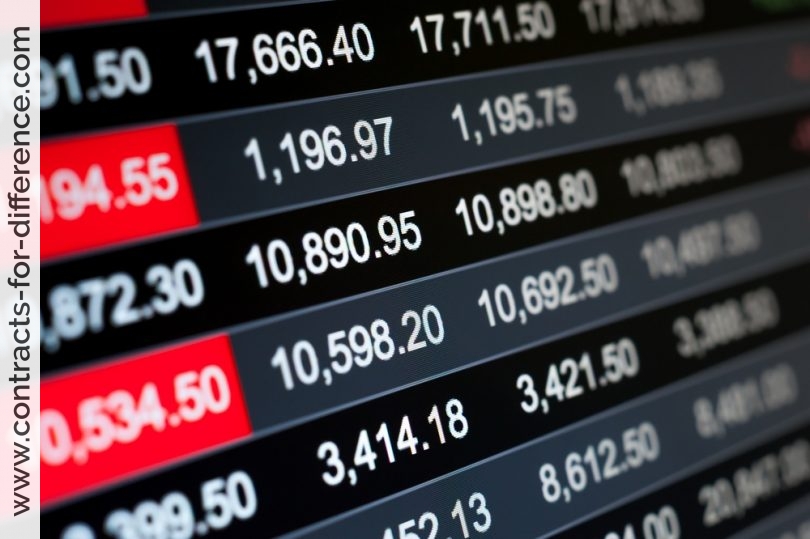Q:What are Index CFD Spreads?
A: Many traders and investors new to contracts for differences commonly hear the word ‘spread’ talked about by their CFD provider and ask me what it means. It is a very simple idea, but there is inevitably a lot of talk and concern about it because it directly impacts the amount of profit you will be making. The spread is simply the difference between the price you can buy a CFD at, and what you can sell it at. These prices are sometimes referred to as the bid and the ask in which case the spread represents the difference between the bid and ask price of the CFD.Spreads are commonly used on all manner of financial instruments including exchange traded and over-the-counter products, although they’re not always identified as such. For instance, if you trade shares and you have a Level II screen which shows you all the activity, you will see that someone is prepared to buy shares at a certain price, and someone else is looking to sell shares as a slightly higher price. Until a buyer comes along who is ready to pay more, or a seller who will accept less, these two prices will remain on the market.
If you are trading CFDs on shares you might expect to see these numbers as the bid and the ask prices, but if you are using a market maker provider quite possibly there will be a slightly larger spread between the prices, and this constitutes the profit margin for the CFD provider.
Spreads are regularly applied to Index CFDs. If you are trading index CFDs there is really no easy way to examine how large the spread should be to reflect the underlying market. The spread is set by your provider and will vary depending on the time of day, the way the market is behaving, and the individual broker. The price of an index CFD is usually derived from the fair value of the equivalent futures contract or cash price; CFD providers will simply take the price of the index and add a spread which is slightly wider than the spread on the underlying index futures contract.
Often the CFD provider will offer CFDs even when the exchange on which they’re traded is closed. In such instances CFD brokers will normally widen the spread in case the prices have changed by the time the market opens again. A CFD provider can normally hedge his client’s position on the market to avoid this risk, but in this case with the market closed that would not be possible.
Many CFD brokers advertise that they have low fixed spreads, seeking to attract more business from traders who prefer this certainty. As this does not reflect the underlying market where supply and demand are constantly varying and therefore the spread is constantly changing, you can be certain that such a broker is a market maker setting his own prices. It is a good idea to compare the spreads offered by many different brokers, as the idea of what is a low spread can vary widely, and some ‘low’ offerings are more than the maximum you’ll find at other brokers.
Although a low index spread is important to preserve your maximum profit, there are other concerns that you should look at before deciding which broker is best for you. Speed of execution and the amount of re-quoting are two such concerns.


Leave a Comment